Recycling
Where can I find information and tips about recycling?
(Years 5-8)
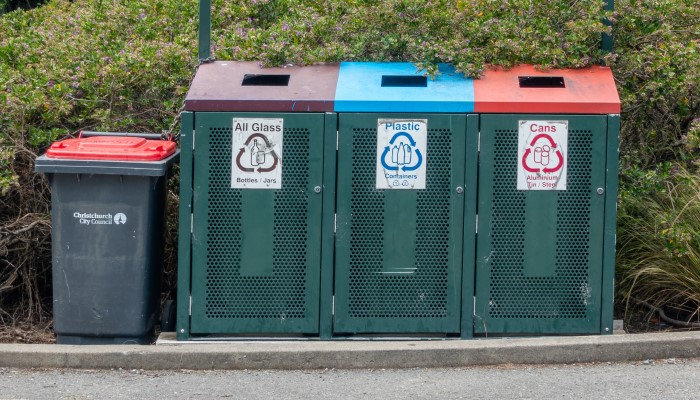
Image: Recycling station, Little River, New Zealand 02 by Michal Klajban on Wikimedia Commons.
Entry last updated: 25/09/25
Introduction
To recycle means to treat or process waste material (eg rubbish) so that it can be used again (reused). Recycling is important because it helps reduce pollution and keep the environment clean and green. Reduce, reuse, recycle and rebuy are the four R’s to help keep our planet healthy and safe.
General websites
Here are some reliable websites that will help you understand what recycling means and what can be recycled. There are also websites with facts about recycling and some fun activities.
This is a fun, educational website with information that's easy to understand. The articles have been taken from a few different places.
Choose Science from the topics on the home page and then the Environment tab.
Look down the page to find Recycling listed under Environmental Issues.
You will find what recycling means, why it's a good thing, how the recycling loop works and other interesting facts.
You can also use the search bar at the very top of the page to find more information about recycling.
Tips: Websites that have .com or .co in the address can have good information, but you need to assess how reliable it is. Check the About link on this website. That will tell you what the company’s mission and values are.
This online learning website for students from the UK has lots of helpful learning areas for topics including recycling.
Go to Search Bitesize at the top right.
Enter 'recycling'.
Look down the page for articles on recycling like What happens to products at the end of their useful life?
Tips: The videos on this site do not work in New Zealand but there is still good information that you can read.
Elementary (Gale in Context) is part of EPIC, a collection of reliable websites covering lots of different topics. It has been put together especially for New Zealand school students and helps to answer questions on recycling.
Enter 'recycling' in the search bar.
Choose from articles like Recycling, pictures, videos and more.
You can also choose different reading levels, by checking the coloured box beside each article.
Tips: To use the EPIC resources, you need a password from your school librarian. Or chat with one of our AnyQuestions librarians to help you online. Some EPIC databases may also be available through your public library.
Britannica is another EPIC resource with information about recycling.
Use keywords like ‘recycling’ to bring up the article about it plus a picture and a video.
This information is at Reading Level 1 which means it is at a primary level.
Select Reading Level 2 at the top of the page to find more information, images, videos and recommended websites on recycling.
Tips: To use the EPIC resources, you need a password from your school librarian. Or chat with one of our AnyQuestions librarians to help you online. Some EPIC databases may also be available through your public library.
National Institute of Environmental Health Sciences
This site is supported by the National Institute of Health which is a United States government service. It is an information and education resource especially for schools.
Look down the page and select Reduce, Reuse, Recycle.
Read the link on Compact Fluorescent Lights to understand what CFLs are and how to recycle them.
Choose Recycle to get a list of items that can be recycled.
Go to Vermicomposting to learn how worms recycle food waste.
Tips: A website’s address (URL) can give you a hint about how reliable it is. Look for addresses in the results that include .gov or .edu in the URL. These are quality sites from overseas government or educational organisations.
New Zealand websites
There are also some great websites about recycling in New Zealand. Many of these sites are written for adults, but some have information especially for students.
This a company that processes materials that can be recycled. Their website has information about why recycling is important, what can be recycled, and how to recycle. It also includes information for recycling in Local Councils around New Zealand.
Go to the Recycle.co.nz tab.
Choose Why Recycle? to find out why we need to recycle.
Or go to What is Recyclable? and Identifying Recyclables to find out about the different types of glass, plastic, e-waste and more that can be recycled.
From How to recycle choose Residential for quick information and links to council websites about what they can recycle.
Tips: Websites that have .com or .co in the address can have good information, but you need to check how reliable it is. This website is sponsored by Reclaim. Check their About us link on the home page. This will tell you what the company’s mission and values are.
This charitable trust organisation is dedicated to keeping our communities clean, safe and beautiful.
Go to the Resource Hub to find:
Education Resources for teachers and students, including several Kiki Kiwi Resources.
Under Programmes you can find out about litter programmes like Kiki Kiwi and friends Litter Less and Clean Up Week.
Tips: Remember to check the Our Story or About Us link on the website, if you can find one. That can tell you what the organisation’s mission and values are.
Books
There are many books written about recycling. Check out your local public library or school library to see what they have.
Some recommended titles are:
Recycled paper projects by Marcy Morin and Heidi E Thompson
Create with Cardboard by Marcy Morin and Heidi E Thompson
Life cycle of a plastic bottle by Louise Nelson
Zero waste kids : hands-on projects and activities to reduce, reuse, and recycle by Rob Greenfield
Where does recycling go? by Charlie W Sterling
Where does garbage go? by Charlie W Sterling.
SCIS no: 1832263
Topics covered
Related content
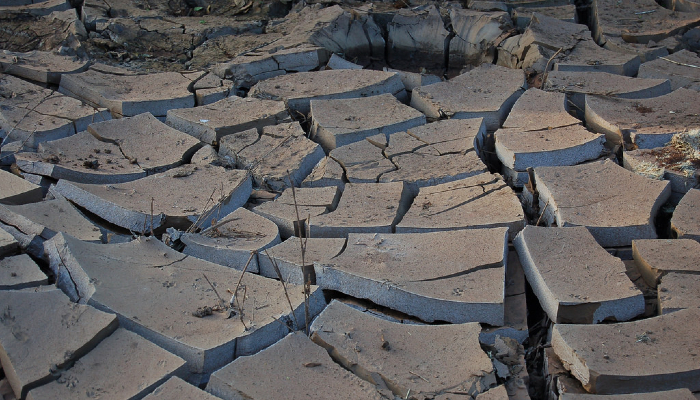
Climate change
Where can I find information about climate change?
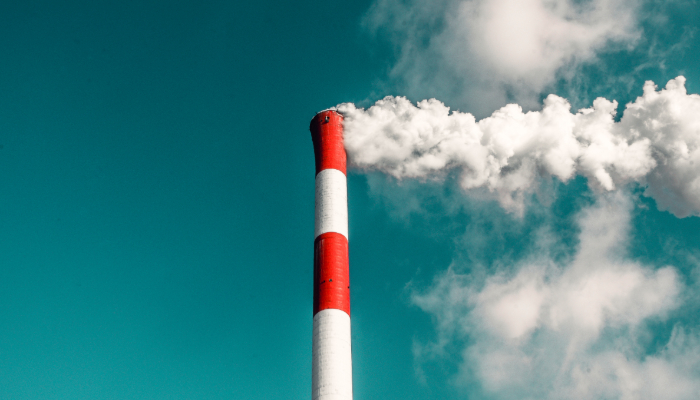
Pollution
Where can I find information about pollution?
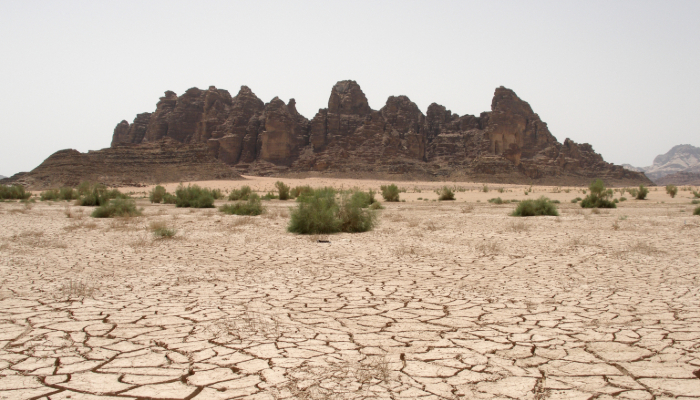
Global warming
Where can I find information about global warming?
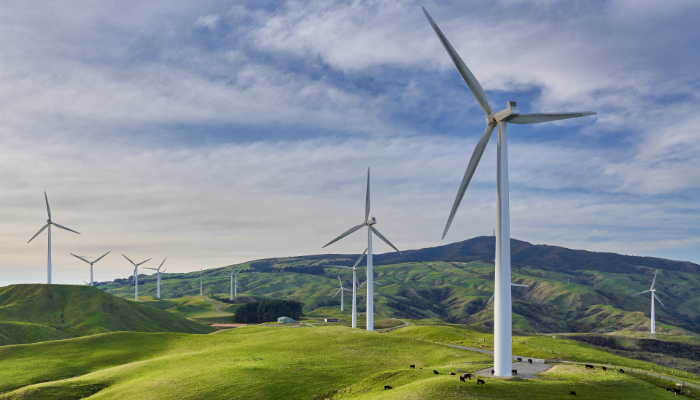
Sustainability
Where can I find information about sustainability?
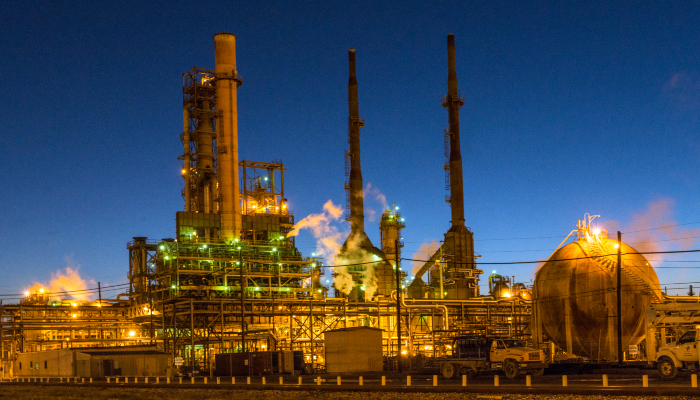
Oil and gas (fossil fuels)
Where can I find information about oil and gas (fossil fuels)?

Plastic
Where can I find information about plastic?
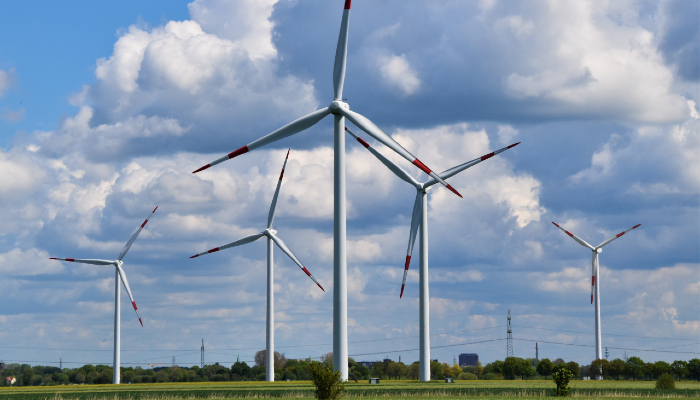
Renewable energy
Where can I find information about renewable energy?
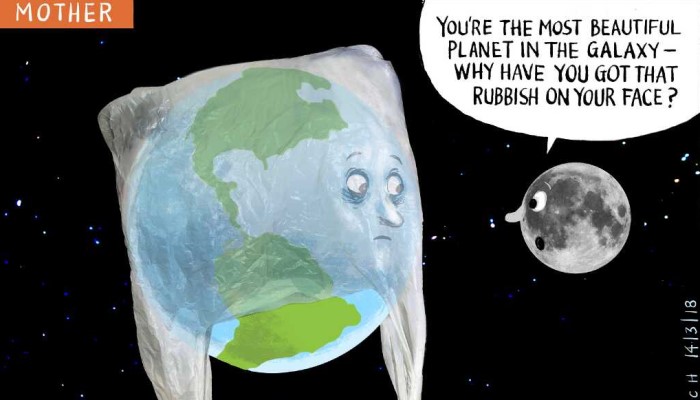
Recycling and reducing waste
Discover resources related to recycling and reducing waste.
